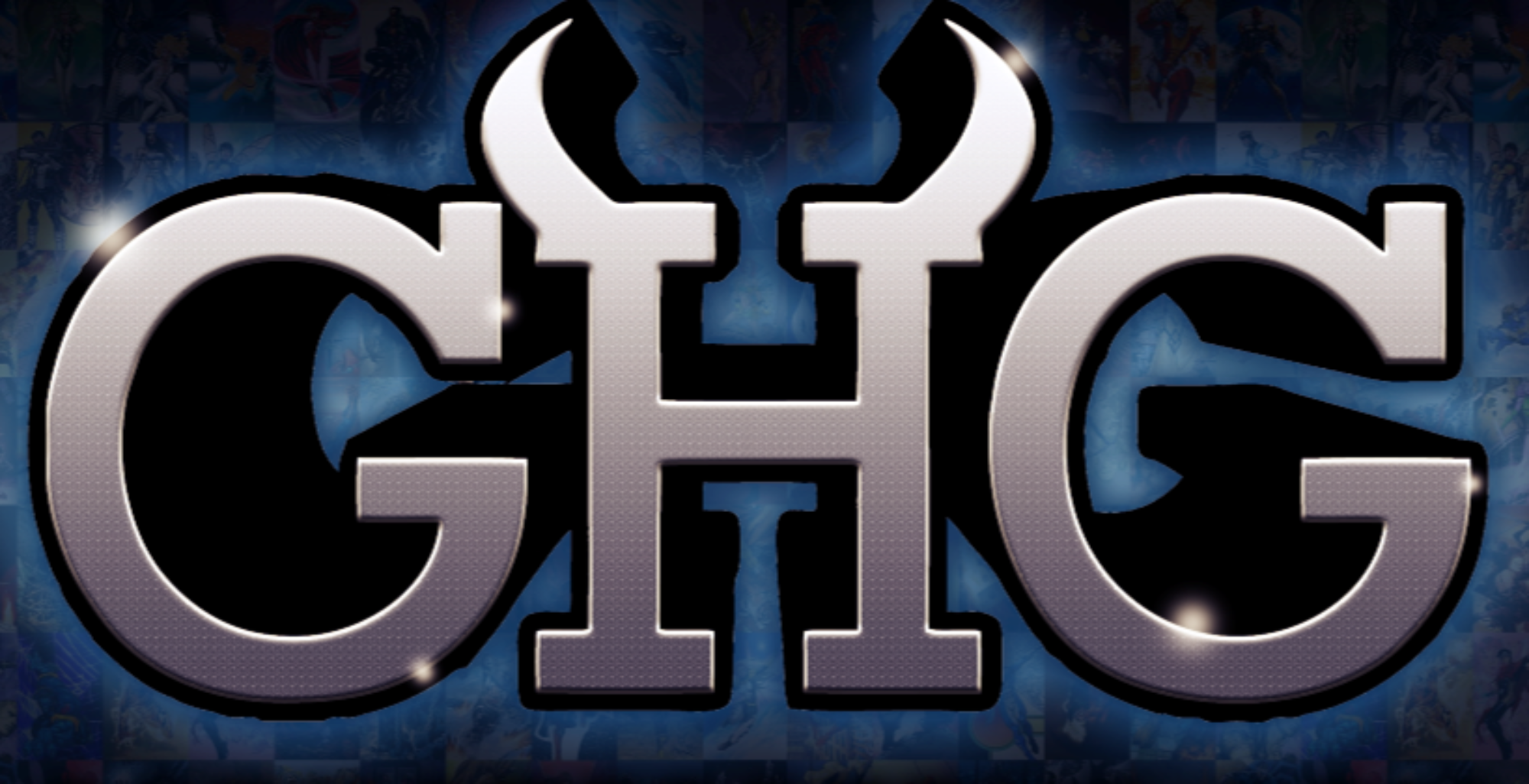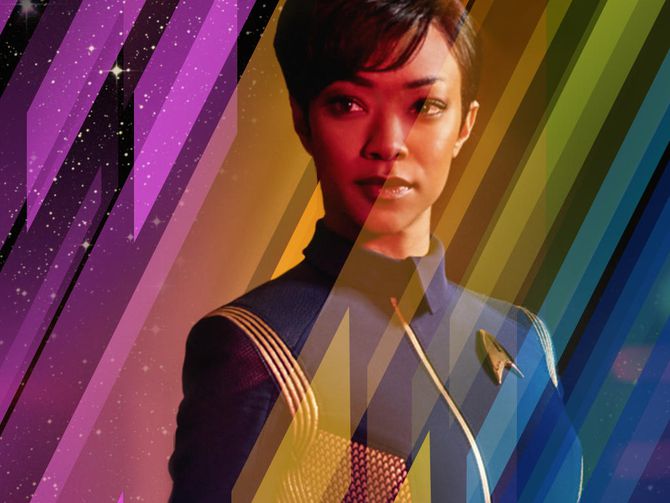Star Trek: Discovery has been quite a ride.
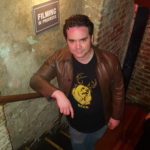
Here we are, at the mid-season finale, and while I’ve certainly grown to appreciate this much different and tonally unique vision of Star Trek, I still find myself asking the same questions: do I like this? Is this genuinely good? And yet, over and over, week after week, I keep tuning in a being enthralled and wondering where the series and characters are going. So that’s something. And that’s more than I could have possibly have hoped for coming in back in September.
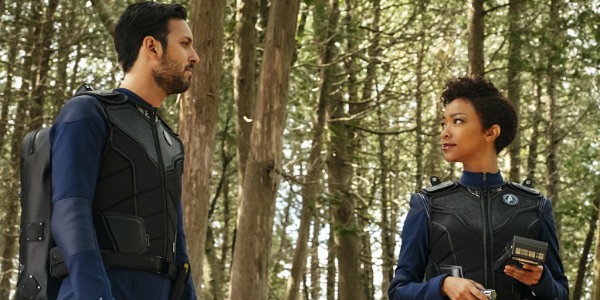
Look, it’s been over a decade since Star Trek has been on the air, and in the interim, the entire landscape of television storytelling has changed. Binging entire seasons as they drop, and long-form storytelling have become the norm; it’s hard not to have fan-theories (ugh) and allusions to prior series. The prequel aspect still leaves some getting use to, but there are actual some ideas I have for how this series will play out and lead into what will become the classic, original series.
Star Trek, if it’s been one thing, has always been a series about where humanity can one day lead itself, but never truly showed the transformation humanity makes from being self-centered assholes to the slightly-holier-than-though, always-knowing-the-right-thing-to-do versions of mankind we see in TOS and especially in The Next Generation (which itself alone takes preachy non-confrontation to near-infuriating levels…yet still works and is worth experiencing).
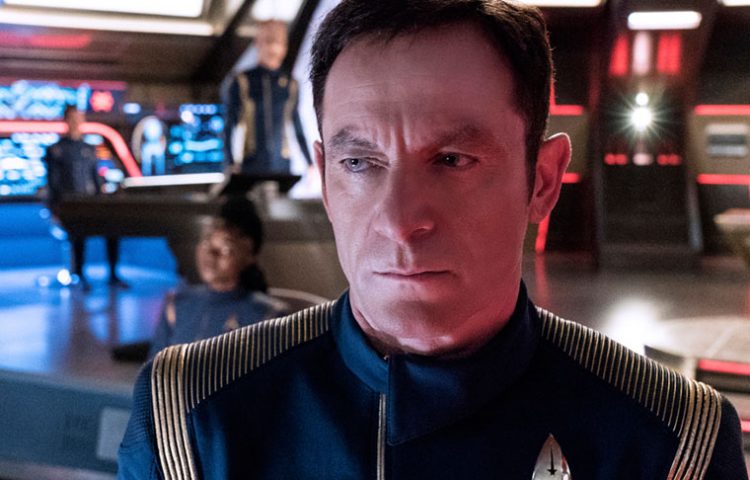
Discovery, refreshingly, shows the transformation from flawed, selfish, indecisive, asshole humanity, to the enlightened, patient, altruistic examples who are constantly fishing for solutions and balance in the most dire situations. That development and growth had never been truly explored (save for the last season or two of Deep Space Nine), and the impact to individual characters was rarely explored until now. From here on out, this is pure spoiler territory. This is the first and only warning you’re going to get, so if you have yet to watch the season and hope to do so, this is the last chance to go in green.
Sonequa Martin-Greene as Michael Burnham starts off infuriating, but has since grown into someone flawed, doubtful, and yet struggling to rediscover her suppressed emotions and humanity (having grown up on Vulcan, under Sarek’s tutelage no less). Beginning with the episode “The Butcher’s Knife Cares Not For The Lamb’s Cry”, in which the Discovery crew commandeers their sister ship, the Glenn’s, enlarged tardigrade — which powers the ships instantaneous propulsion system, the spore drive…look, it’s crazy and cool — she continually reflects on her actions and how she affects not only those who know her even tangentially, but also those innocent beings she encounters. This is a far cry from the mutineer in episode 1 who not only gets her captain killed and ship destroyed, but also sparks off the Klingon/Federation war.

Of the rest of the cast, Anthony Rapp’s Lt. Stamets, the chief engineer, undergoes an interesting dynamic, going form a prickly, self-assured smartass to a literal key component of the ship itself; it’s.. complicated.. but he genetically engineers himself to reproduce the intergalactic mycelial web transportation of the giant tardigrade that. (Oh jeez. Lookit that. I let my inner geek inhabit my outer geek!) Along with main character Michael Burnham, it is Stamets who undergoes one of the more interesting evolutions along the show–and not just physically. As STD explores the evolution of humanity itself to a more enlightened state, we watch Stamets move from being his usual self-centered, cocky self, to a more curious selfless individual; at times even proving to be one of the most important characters in the series, as he exists outside of normal time-space and can tune in to time loops…pretty funky stuff.
Doug Jones performs one of the hardest jobs of any of the cast members, not only working through prosthetic makeup, but also creating a character who is truly alien in a way that hasn’t been seen in Star Trek before. Jones, a master of emoting through layers of makeup, imbues First Officer Saru with honest-to-God personality and physical quirks that hint at just how alien he and his species are. From his walk, to his rather flat affect, to his minor physical movements (just notice how he holds small objects or move his hands around absentmindedly). Unlike other alien characters through Star Trek, only Data comes close to being as “alien” as Saru; no matter the series iteration, alien characters were little more than human actors in prosthetic, with varying degrees of alien affectation. Here, Jones builds Saru from the ground up, and the expanded budget helps make him the most “alien” of the alien crewmembers (although what is up with the checkered android lady on the bridge? I don’t think she’s said anything the entire half of the season…what’s HER story?)

The rest of the cast has yet to fully cohere, and, again, I attribute that to the long-form storytelling and ongoing development (although Cadet Tilly is coming into her own as well), and there are little character decisions that are played off as the most normal thing or downplayed, yet hint at something much larger (Admiral Cornwall is a psychologist? That’s…actually pretty fascinating!). And the biggest wild card is Shazad Latif, as PTSD-suffering security officer Ash Tyler. Look, I think the show’s screwed the pooch and it’s clear that Tyler is a medically modified Voq, the albino upstart Klingon trying to follow up on the promises of T’Kuvma. Whether the PTSD he’s experiencing is from the REAL Ash Tyler, or implanted memories is hopefully a question the second half of the season will answer, but I’m just happy the show is no longer pretending that the character is who he says he is (and hopefully this will further explain the aesthetic difference between TOS and post-Motion Picture Klingons).
Again, I must ask: is this show good? I truly don’t know. The actors play as if every line and event is The Most Important Thing Ever, and being a prequel, the technological advances are REALLY hard to ignore when compared to The Original Series, particularly when characters directly reference the Enterprise. However, some of the ideas presented–both scientific AND ethical–are classic Trek, and when these elements click, the show moves splendidly. There’s at least an inkling of whether these characters will go, but being a prequel, again, limits the ideas and scale Discovery could potentially explore.
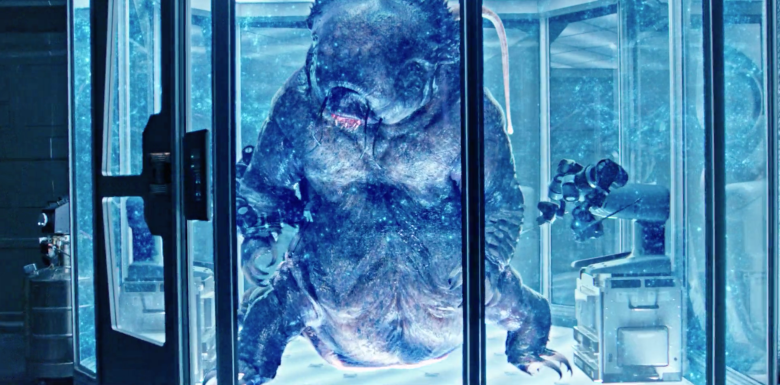
As it currently stands, this show can end one of three ways; firstly, the ship can wind up in one of the Mirror Universes. Yes — “one of”. The mid-season finale directly posits the idea that Stamets’ navigation of the mycelian network could intersect with parallel universes…an interesting concept. However, Enterprise also explored this idea before literally trying to become the Original Series. Another course is for the ship to wind up in a post-Voyager future; I’m secretly hoping for this possibility.. or the further revelation that the Discovery itself is from the far, post-Voyager future, sent to infiltrate and possibly affect the past. (As it stands, this is the absolute least likely scenario, but I’m leaving it on the table for now).
What I’m honestly hoping will happen is the following: the Discovery crew will have to write themselves out of existence to preserve the universe. This would actually work thematically, as the show is about evolving to a more altruistic state of existence, and would follow through with Michael Burnham’s evolution. This would also answer any continuity issues as to how the Discovery:
1. Uses a spore drive, something which is never, ever mentioned ever again.
2. Uses advanced tech aside from the spore drive (they have a holodeck?)
3. Being only the second ship of its kind, it would explain why it is never mentioned at all in an future iteration of the Federation.
https://youtu.be/PnSqWRjCt5w
4. We’ve seen that the spore drive is unstable and led to the destruction of the Glenn. A tragic end is all but inevitable.
5. It would also keep the tactic of how to detect cloaked Klingon ships a mystery…something it remains up through the Voyager era. It would also keep medically modified Klingons a mystery as well.
It’s all but guaranteed that at some point the Discovery crew is going to be faced with an impossible decision and be forced to eliminate all existence of itself from history. So long as the characters continue to develop, and there are at least 3 characters worth following, I’ll be there. This series is pushing the franchise into uncharted territory, to very mixed results; it’s sometimes infuriating, and other times perplexing, but I can see now where the show is heading. It has been renewed for a second season, so there’s at least enough interest in that front, and rumors of it having at one time been developed as an anthology series suggests that the Discovery crew maybe be a more self-contained story. Hopefully it keeps pushing boundaries in the progessive way Star Trek always has.
3.75/5 time-jumping Harry Mudds
***zzzzkktt***
